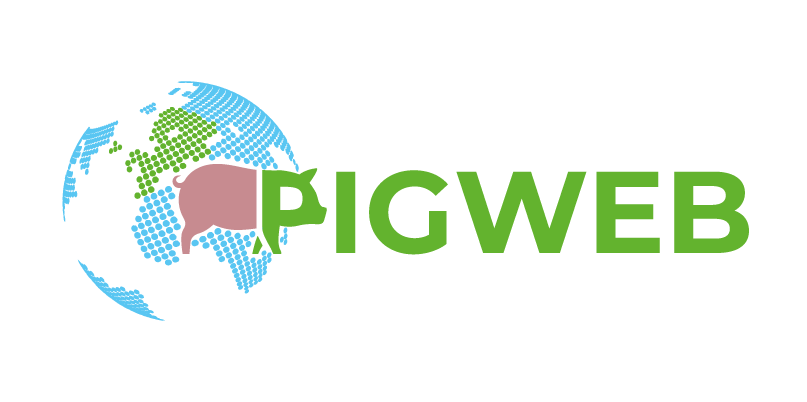Impact
PIGWEB will map the pig RI in Europe and provide information about the experimental facilities, the conditions of access, and contact details. Researchers will overview the different research possibilities and help users identify the infrastructures that suit their needs.
Through the TNA activities, PIGWEB partners will provide users with access to the key RI and expertise on research in sustainable pig production. This will also give an opportunity to improve future access to the RIs and their capacities.
PIGWEB will support the development of new digital services by reinforcing FAIR data sharing among the pig research community.
PIGWEB will provide novel methodologies and proxies to assess the affective state in pigs.
Early-career scientists will have the opportunity to collaborate with other research institutes, build on their knowledge and infrastructure opportunities and do exchange visits to broaden their scope and network.
Progress will be achieved on the availability and collaborative use of non-invasive research tools and methods. These will be made available in cross-sector research by researchers and various stakeholders in nutrition, behaviour, genomics, microbiology, and veterinary medicine. The cross-disciplinary fertilisations and staff exchanges will favour the joint development of research and training programmes.
PIGWEB will develop guidelines and SOPs for best practices in the management and recording of standard traits in pig research facilities.
Improving innovation capacity, new market opportunities, and strengthening competitiveness
The TNA offered by PIGWEB gives stakeholders a unique opportunity to develop and test innovative management solutions in collaboration with TNA providers and their academic staff.
Solutions for breeding companies (e.g., explore variation among pigs housed and managed in different production systems to test trade-offs) and manufacturers of sensors and farm equipment (e.g., for precision livestock farming) can benefit from the PIGWEB RI before bringing their solutions to the market.
The NA of PIGWEB provides several innovation opportunities for research and industry in the sustainable pig production food chain.
PIGWEB will develop a NIRS model to estimate nutrient digestibility.
Model algorithms will be developed in PIGWEB that allow to characterise pigs based on different traits phenotypically. These algorithms can be used as an early warning system for health and welfare issues and can be implemented in systems of precision livestock management.
Environmental and socially essential impacts
PIGWEB will contribute to identifying management and feeding practices that increase the efficiency of nutrient use and reduce nutrient excretion.
PIGWEB offers RI to study the impact of feeding and other management practices on the emission of greenhouse gases to identify mitigation and adaptation strategies in pig production.
PIGWEB will develop a toolbox to assess pigs' metabolic health and welfare state, allowing to identify early signs of disease, which will contribute to a reduction in antibiotic use.
There is a need to exchange more, better, and more openly with stakeholders and society on the ethics of pig production and its experimental research. PIGWEB will interact with stakeholders of the pig production sector, and representatives of consumer, citizen, and animal protection associations to stimulate awareness and mutual understanding and contribute to the social dimension of sustainable pig production.



